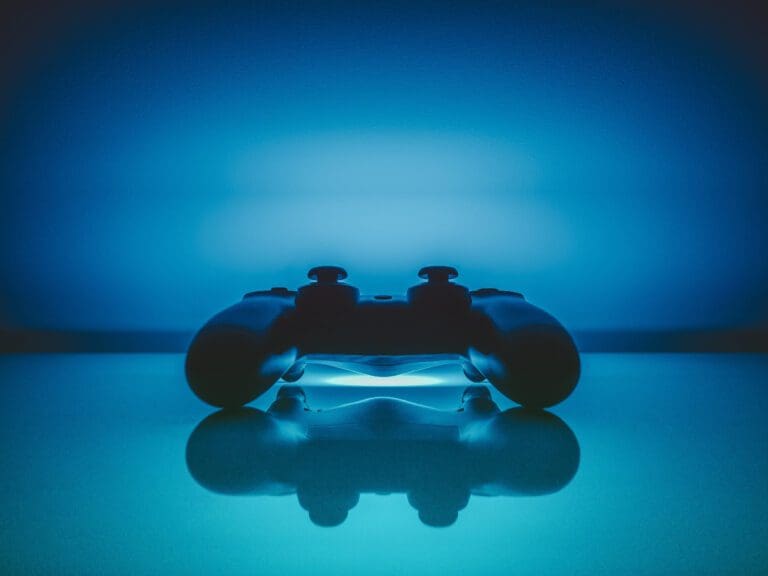For as long as I remember, telling someone that I, a female, played video games regularly, always resulted in reactions of surprise. Still, to them, I was merely an exception to the rule. There was no way women really played video games…right?
Wrong.
Not only can you find females gamers, you can find us in numbers. But this assumption has to stem from somewhere. Sure, while in the past gaming was a male-dominated form of entertainment, these numbers are changing. This change can only be understood through looking closely at gender representation in the gaming industry. This includes the designers and even the characters.
Now if you’re thinking, could fictional characters really impact the perception of female gamers? The answer is, yes. They can. Considering that the target audience and majority of game designers are male, video games have been consistently designed with their preferences in mind. This begins to mold and shape the characters through the lens of a male – known in feminist theory as the ‘male gaze’.
Unveiling Gender Disparities in Video Games: The Case of Lara Croft and Beyond
Take Lara Croft, for instance. While she is recognised as an ideal, strong and independent female protagonist, her case is a mixed-bag. Clearly, she is a talented fighter, an intellectual, and a determined character. She also gained popularity as one of the first female video game characters not depicted as a damsel in distress or a side-kick. But her identity is heavily defined by her physical appearance. She has what you can call a curvaceously thin body, and her attire accentuates her features in order to redirect the player’s gaze to her breasts or legs. The image of Lara Croft was one designed for the heterosexual male eye, rather than a gender-neutral group.
Lara Croft is just one of many female characters that are misrepresented in video games. Perhaps more importantly, female characters are often just underrepresented. The lack of realistic representation within the industry and within the games themselves leave little room for women to claim their identity as a female gamer. The objectification and belittlement of female characters removes their autonomy and power, and excludes the female audience from the game’s narrative.
Maybe this is why it seems that female gamers appear so rare: the industry caters to males. Although it doesn’t reduce my enjoyment of gaming, it would be awesome if we had better representation.
Now I ask you: have you ever felt alienated or underrepresented as a female gamer?
About the author

Sophie van Wersch
Follow Sophie: LinkedIn








